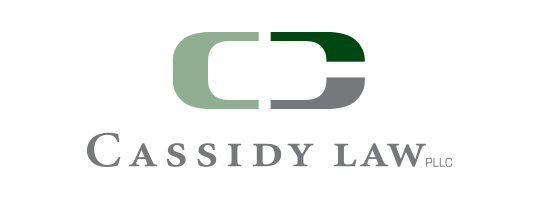My past is littered with evidence of my lack of scientific knowledge. A particularly shocking display of this occurred when I had to design and execute a “scientific experiment” in high school physics. My experiment was dropping a gold fish in liquid nitrogen and seeing if he would come back to life after he thawed. I still am upset that I killed that goldfish. My parents are still upset that the neighbor guy, who worked at NASA, actually gave me the liquid nitrogen and that my physics teacher let me do this experiment.
As a result of my science ignorance, I heavily rely on a radio show, Science Friday, its executive producer, Ira Flatow, and his team of “fun science people” to clue me in on science, as needed. You can read all about them on their site – they are great: Science Friday
But, imagine my surprise and sadness when I learned that Ira Flatow and Science Friday collided with my world of ethics and compliance law. Their business of spreading useful science information like – why apples get mushy and how to write your name in binary code simply does not lend itself to peaking the Department of Justice’s interest. DOJ alleged that Ira and Science Friday had misused grant funds that the National Science Foundation had given them by submitting “false” financial reports to the government and failing to have an accounting system that properly recorded the federal grant transactions.
For most people, the word “false” conjures thoughts of outright lies, dirty deeds designed to steal money. But, the False Claims Act, the Act the government accused Ira and Science Friday of violating, takes a much broader view of the definition of “false.” For federal government contractors and organizations like Science Friday that receive federal grants, failing to provide accurate statements to the government about a contract or grant may be considered “false.” In the case of Science Friday, DOJ claimed that Science Friday failed to execute certain “administrative requirements” to fulfill its obligations under the grant. It had to submit accurate financial reports on the amount of grant money it expended; it had to have an accounting system to accurately record the grant activity; and it had to comply with federal regulations and policies related to grants and to the terms of the grant it received. DOJ alleged in its press release that Science Friday’s administrative submissions did not comport with these requirements, thus a False Claims investigation ensued. To avoid expensive litigation and without admitting liability, Ira, individually, and Science Friday, as an organization settled the matter with DOJ. Science Friday agreed to pay $145,531; to refrain from doing any government work for a year; and to set up compliance program. (DOJ Ira Flatow and Science Friday Press Release)
I don’t like DOJ going after the fun scientists and their radio show. But, it is an important reminder that DOJ not only prosecutes the big guys we all read about in the New York Times or Wall Street Journal. It also investigates and prosecutes small organizations. Many smaller organizations, educational institutions and non-profits think the government will not pursue them since they are small, since they “do-good”, and since there are so many big guys to investigate. So they often make the risky decision to not inform themselves of their legal requirements or to not develop an ethics and compliance structure to assure they follow the law. But they should because it is expensive not to; it is the right thing to do; and, the law requires even small organizations to have an ethics and compliance program.
The law requires small organizations to demonstrate the same commitment to running an ethical and compliant business as large businesses. The law permits small organizations to have more informal ethics and compliance programs then the large organizations. And, small organizations may rely on existing processes and resources when building and executing an ethics and compliance program. Finally, as for the big organizations, the law suggests that they should encourage and work with their small business partners in developing an ethics and compliance program. (US Federal Sentencing Guidelines, §8B2.1, Comments)
Don’t learn this lesson the hard way like the fun scientists did. Look around your organization, even if it is small and even if it does nothing but spread good, make sure it is following the law and that there is program to assure your organization continues to follow the law.

